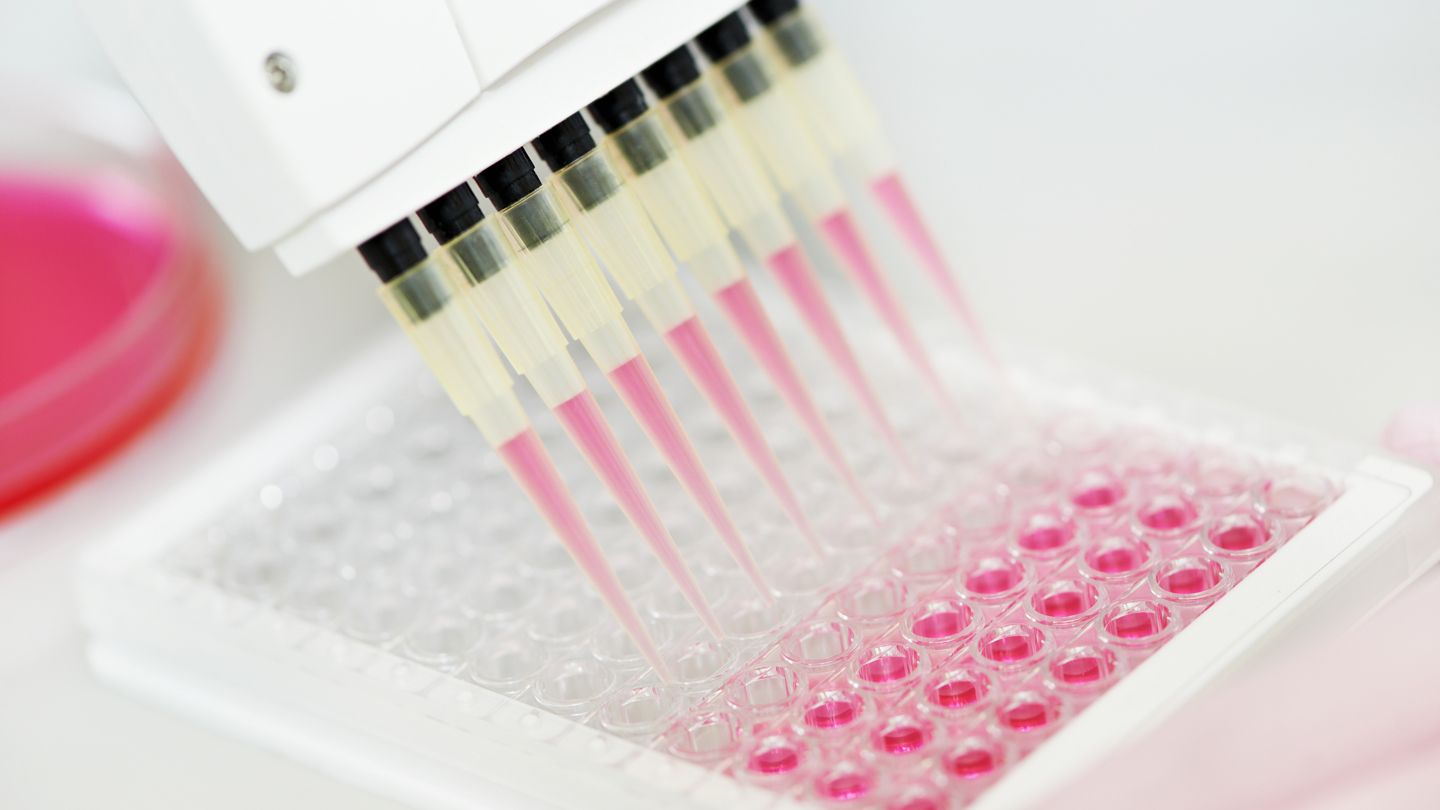Menopause is a natural biological process that marks the end of a woman’s reproductive years. It typically occurs in the late 40s or early 50s and brings about hormonal fluctuations that can lead to hot flashes, mood swings, weight gain, and bone density loss. To navigate these changes smoothly, adopting a nourishing diet is essential.
Understanding Menopause and Its Impact on Nutrition
As estrogen levels decline during menopause, women become more susceptible to bone health issues like osteoporosis. Prioritizing calcium and vitamin D-rich foods can help maintain bone density. Moreover, the metabolic rate may slow down, increasing the risk of weight gain. A diet rich in nutrient-dense foods can counteract this effect.
Essential Nutrients for Menopausal Women
Calcium and Vitamin D
Calcium is vital for bone health, and vitamin D aids in its absorption. Incorporate dairy products, fortified plant-based milk, leafy greens, and almonds into your diet.
Omega-3 Fatty Acids
Omega-3s support heart health and reduce inflammation. Include fatty fish like salmon, flaxseeds, and walnuts in your meals.
Fiber
Fiber aids digestion and helps manage weight. Opt for whole grains, legumes, and vegetables to meet your daily fiber needs.
Incorporating Phytoestrogens into Your Diet
Phytoestrogens are plant compounds that mimic estrogen in the body. They can help alleviate menopausal symptoms. Add soy products, lentils, and chickpeas to your diet.
Powerful Foods for Menopause
Soy Products
Soy contains isoflavones that mimic estrogen. Enjoy tofu, tempeh, and edamame for a natural estrogenic effect.
Leafy Greens and Cruciferous Vegetables
Rich in calcium and phytochemicals, these veggies support bone health and provide essential nutrients.
Fruits Rich in Antioxidants
Berries and citrus fruits are packed with antioxidants that combat oxidative stress and support overall health.
Nuts and Seeds
Healthy fats in nuts and seeds aid hormone production and reduce inflammation. Snack on almonds, chia seeds, and pumpkin seeds.
Hydration and Herbal Teas
Staying hydrated is crucial. Herbal teas like chamomile and peppermint can alleviate hot flashes and promote relaxation.
Foods to Limit
Reduce caffeine, sugar, and processed foods. They can exacerbate symptoms like anxiety and disrupt sleep patterns.
Meal Planning Tips for Menopause
Prioritize balanced meals with lean proteins, whole grains, and ample fruits and vegetables. Stay hydrated throughout the day.
Staying Active for Overall Well-being
Engage in regular physical activity to support bone health, boost mood, and maintain a healthy weight.
Managing Weight and Metabolism Changes
Metabolic changes during menopause can lead to weight gain. Focus on portion control and mindful eating to manage weight effectively.
Mindful Eating Practices
Pay attention to hunger and fullness cues. Eat slowly and savor your meals to prevent overeating.
Embracing Self-Care and Emotional Health
Practice stress-reducing activities like yoga, meditation, and deep breathing. Prioritize self-care to manage mood swings and stress.
Connecting with Healthcare Professionals
Consult with healthcare providers for personalized guidance. Regular check-ups and screenings are essential.
Conclusion
Menopause is a transformative journey that can be embraced with vitality and well-being. By incorporating these foods and practices into your lifestyle, you can navigate this phase with grace, prioritize your health, and continue to flourish.








